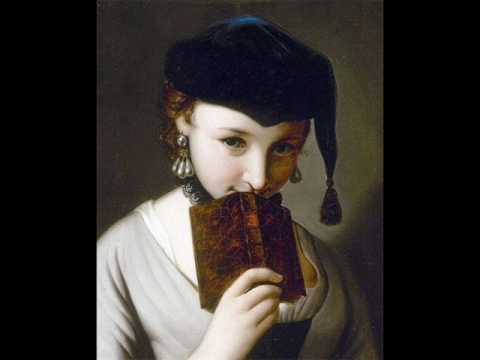There is a saying that the eyes through which you are experiencing the universe and the eyes through which the universe experience you are the same.
Art made by humans holds much more value than forms generated by an automat just because the creative process was part of someone else’ experience, and you have an opportunity to share it.
Value of an artwork is something that is degrading for well over a century now. You can blame mostly post-modern, materialistic philosophy for it. Canon deconstruction is a major problem with human collective unconsciousness where shared symbols reside. One example of said symbol could be skeleton as a symbol of death, or egg as a symbol of new life, etc. Over century ago we had more strict canon about various symbols. This allowed us (artists) to create pieces that were much easily understood by general audience. Because everybody instinctively knew the canon.
Too loose canon and too much freedom of interpretation leads to lack of common symbols upon which audience can agree or debate. This leads to lack of understanding what author had in mind and in the end - erosion of value of art.
Same when you listen a song in different language. The difference is that you usually learn new language, not try to forget it.
But collective unconsciousness depends on, well, the collective. So we need to decide together if we want to change it.
On the other hand when the canon is too strict the forms ossify, and start to repeat which negatively impacts creativity - ancient egyptian statues sometimes had unchanged form for hundreds of years. But everybody knew what they were about.
Modern art theory is a well crafted dumpster fire. The really important question is this: Should artists ditch post-modern philosophy about the purpose of art in human life? Maybe art should add value to your life, and if yes, in what form? Maybe art should teach you, and if yes, what exactly? Maybe art should express something relatable, and if yes, what should it be?
Because now art is a formless chaos from which you extract temporary sensual pleasure without meaning, just to be bored with it after 5 seconds.



